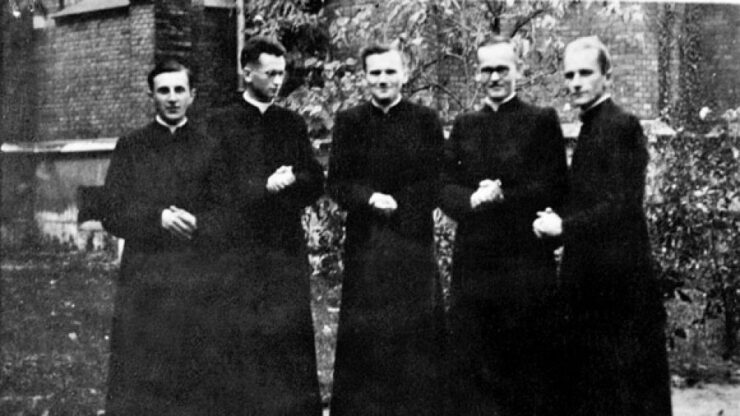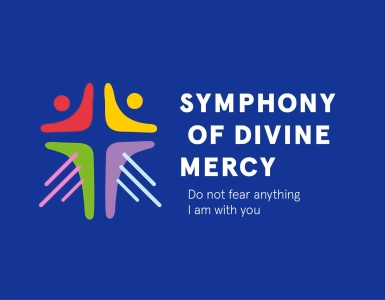March 1976, the Archbishop of Krakow was asked to lead the Lenten retreat in the Vatican, in which Paul VI and the Roman Curia participated. Taking the words of Simeon as his starting point, he pointed to Christ as a “sign of contradiction” in today’s society. Opposition both to the consumerist and secularized West and to a world in which atheism was elevated to the rank of a system and religion – considered “the opium of the people” – was persecuted.
During the retreat, Karol Wojtyła recalled how in January 1945, as a 24-year-old seminarian, he went out into the streets to celebrate the liberation of Krakow from the Nazi occupation and accidentally met a young Russian soldier. He knew a little Russian so they could talk to each other. They talked about religion, about God, and most of all about how God was literally removed from the life of Soviet society. In Russia said the soldier, “they keep telling us that God does not exist. But I always knew He existed, and now I’d like to know more about Him. “
This episode – then censored by the communist authorities when the book containing the text of retreat meditations was published in Poland – was mentioned by Cardinal Wojtyła frequently, and precisely as a sign of hope. In those days, in the mid-1970s, atheism was still raging in the Soviet empire. And yet even then the archbishop believed that communism would not last long, because he had an irreparable error: he was closed to transcendence. He was closed to God.
With the consent of Card. Stanisław Dziwisz – “At the side of the Saint”
Publishing House of St. Stanisław BM. Krakow 2013





